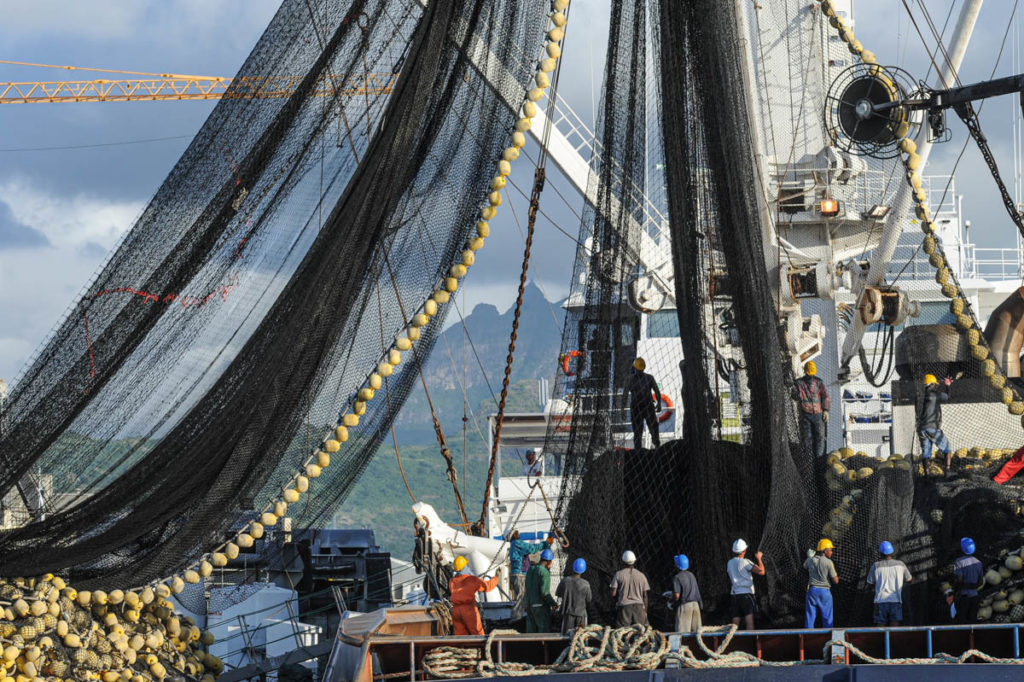Oceana is calling for an end to the overfishing of severely overexploited fish stocks in European waters as negotiations between the EU and UK start today under the Specialised Fisheries Committee. This new committee provides a forum for discussion and agreement on fisheries management, to prepare the annual consultations through which fishing opportunities for 2022 will be decided.
With recent data published by the International Council for the Exploration of the Sea (ICES) highlighting the critical status of a number of key fish stocks, Oceana is urging negotiating parties to agree on management strategies that will result in all stocks recovering and reaching healthy levels.
Melissa Moore, Head of UK Policy at Oceana said: “Only 43% of fish stocks shared between the UK and the EU are fished at sustainable levels2. It is unacceptable that the rest of the stocks are either subject to overfishing, with stocks of important species like cod, herring and whiting at critically low levels, or else their status is simply unknown. For fish stocks to rebound, negotiating parties must be guided by the science. Doing otherwise will guarantee further destruction of the marine environment, deplete fish populations, and weaken resilience to climate change.”
“In June, the EU and the UK reached their first post-Brexit annual agreement concerning their shared fish populations, under the conditions established in the Trade and Cooperation Agreement” said Javier Lopez, Oceana’s Campaign Director for Sustainable Fisheries in Europe. “At a critical moment for ocean biodiversity and the climate, it is incumbent upon the EU and the UK to agree on effective management strategies that put an end to overfishing in their waters and ensure the sustainable exploitation of shared stocks.”
As the first meeting of the Specialised Fisheries Committee begins on 20th July, Oceana highlights three priority areas for agreement between the UK and the EU:
- Multi-year management strategies must be agreed for severely overexploited fish stocks, with clear recovery targets and timeframes to achieve them.
- When setting Total Allowable Catches (TACs) for mixed fisheries, where several species are caught in the same area and at the same time, decision-makers should agree to prioritise the sustainable exploitation of the most vulnerable fish stocks.
- Multi-year strategies should be agreed for the conservation and management of non-quota stocks. Data collection and scientific assessments for these stocks should be significantly improved to ensure that they are fished sustainably.






